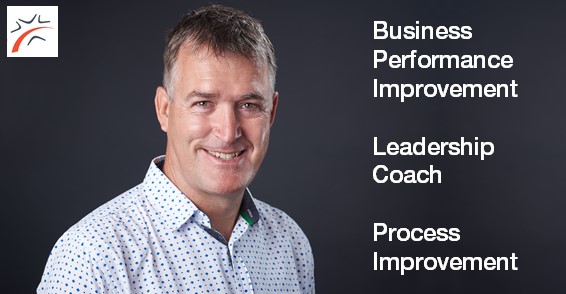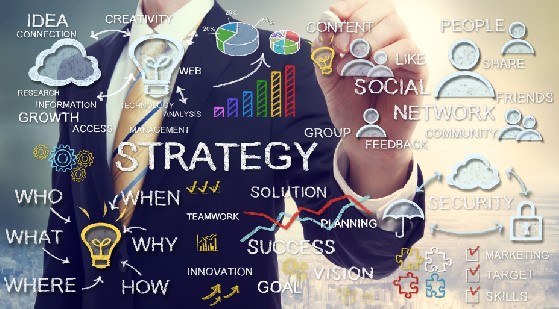Put on your own oxygen mask first
This article has been inspired by two industry events from 2021 and some life events I have heard of and experienced. At the Master Joiners Conference in Hamilton, we were privileged to hear Mike King speak about mental health, in a way only he can do, particularly men’s mental health. The engagement of the audience and the conversations after Mikes presentation demonstrated the underlying awareness, concern and need that exists among us.
In Wellington, at the NKBA conference, Nathan Wallis, a Neuroscience Educator spoke to us about the human brain and how different parts of the brain control our body’s response to the environment and how stressors in life can trigger emotions, neurochemicals, hormones that ultimately affect our behaviour and how to learn and respond to the world around us.
The focus on mental health during the last decade is helping. However, in NZ, too many people still die by suicide. Many others continue to struggle in life with internal challenges, depression, anxiety and stress. However, more people are now receptive to seeking help. I believe we all have a responsibility to recognise and aid this process as appropriate.
As business leaders we often take on more in life than is necessary, sometimes to overload. We think we must be strong and be in control of our emotions.
We rarely take time for ourselves, and we suppress our feelings and emotions and “push on” being tough and continue to “work hard” because that’s what we think we “should do”.
I will summarise one of the concepts from Nathan Wallis: Humans are the only mammals with the ability to have conscious thoughts, apply reason and learn languages and music. This part of our brain (Cortex) is what we use to solve problems, develop relationships, make conscious decisions, train each other, most of the things we aspire to do well at in business. However, suppose the rest of our brain (brainstem), which other animals possess, is activated and we are stressed. In that case, we are essentially in a state of high alert, ready to be triggered into the fight, flight, freeze mode, into anger, violent language or violent behaviour, withdrawal, or to completely freeze.
If humans are in this “stressed mode”, then the brain stem is ruling the moment. The cortex is essentially “turned off”. In this state, logical reasoning, thinking, rational choices, brain development and learning are impossible. So, children and adults in this state cannot respond in the way you think they should. In addition, they cannot absorb, understand, or learn anything at all whilst remaining in this state.
To illustrate, Nathan described a pair of scales, with the brain stem on one side and the cortex on the other; as one increases, the other declines. If the brainstem is activated like the illustration below, then the cortex is essentially turned off.

So how do we practise some form of mind control? You may have noticed your awareness of this already, through publicity and from others who practise some kind of mindfulness, meditation, yoga etc.
You will also notice that schools are educating families on this subject. In some countries, it is already an established daily routine in school and at home.
A great start is to recognise and observe this happening in ourselves and then practise calming our brainstem to achieve a more helpful, healthy state of mind.
With practise, we will develop the ability to show compassion and reasoning and to deal with and lead others in a much more meaningful, helpful, and effective way. The effect on others and the culture of our organisations will be of enormous benefit.
“When angry, count to 10 before you speak. If very angry, a hundred,”
Thomas Jefferson
Conscious breathing, relaxing activities, and some music can calm and decrease brainstem activity and allow a state of clarity to exist. The result will be clearer thinking, control of emotions, and sharp wisdom, ultimately leading to a healthier, fulfilling state of being.
Of course, this takes practice, discipline and making time for yourself and overcoming negative thinking and behaviour that can become barriers to something that is 100% in our control. We already know this, so I challenge you all to make some small change to benefit yourself, then those around you will also benefit.
If we look after ourselves first, we will be in a much better state to do what we wish to do; achieve, train, help others, make a difference, create a great culture, and ultimately be happy.

For more information visit:
https://www.nathanwallis.com/ You can also find lots of videos on his YouTube channel, including many on brain development in early human life.
https://mentalhealth.org.nz/helplines
Ian Featherstone is a business advisor and leadership coach, and the owner of Glass Half Full. He specialises in the construction industry, particularly the joinery & cabinetry sector. For more information or to find out how you can move your team forward, please visit www.glasshalffull.co.nz





